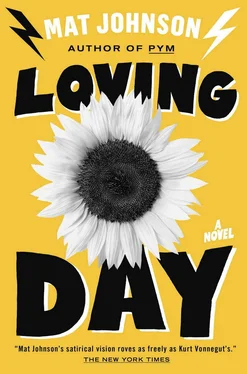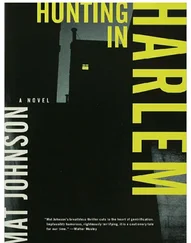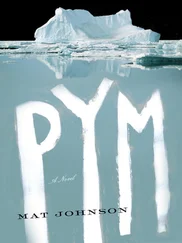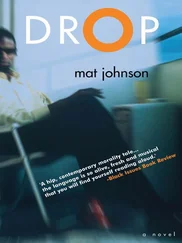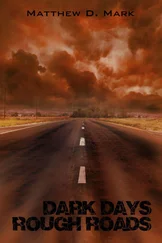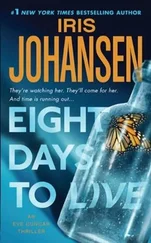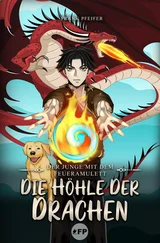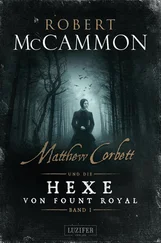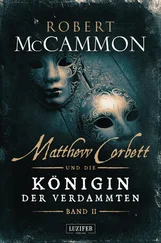I tell Sun that story, I tell the bleached tribe surrounding me, and feel the release. I usually don’t like talking about my white side in public, in front of non-Caucasoids. I’m of the firm belief that, if I never bring up the fact that half my family is white, somehow the fact that I look white will be forgiven. But I look at these people, and among them there is nothing to apologize for. So I remember out loud the way the seats were so old that, where the cushions still remained, they’d oxidized into sand. I feel my dad again, even more than the first night back, and I want to sit down before the emotion it invokes overtakes me. But Sunita Habersham doesn’t allow this. She sighs. Her breasts get bigger when she does but I barely notice it other than to notice it.
“That’s good, but a car is a thing. Why do you think of that particular object in relation to your father, Warren?” Sun asks me. “It’s just a car. What does that mean? To you?”
I know what I can give her about the silly little car, but I don’t want to because I don’t know if I can give it without losing something. But there’s something there I want to lose and I don’t trust myself to pull it out later. So I tell everyone in the room, including myself.
When my mom went into the hospital, I was eleven and they had been broken up for three years by then. My dad unexpectedly picked me up from school one day and that night I went to his house. Visits to my father were strictly every other weekend, so I knew something had changed, but there was no explanation. That night, we went to my mom’s apartment, got more of my clothes and favorite toys. He had keys, somehow. At first, I thought this might be the beginning of a reconciliation, that I had them back together, that my mother would be joining us the next day. I wasn’t actually that freaked out about it; they’d gone on a few dates after the separation, tried to see if they could get things started again, so this just seemed like another attempt. But the next night, she didn’t arrive; my dad finally told me she was in the hospital. He made it sound like she was at a spa retreat. I wasn’t worried; people stayed in the hospital on TV all the time, and usually they were smiling. That Saturday, we drove the Bug to Jefferson Hospital. Two months later, we drove the same little black car to her funeral. We drove that car to a boarding school in New Hampshire a week after the funeral, for me to have an interview and see if I liked it there. I was eleven. My mom had made him promise, with me in the hospital room, that he would make sure I got a good education. That this one thing, this one thing in his life, he couldn’t be cheap on.
So there was this big fancy boarding school up in the granite state, like a six-hour drive first thing in the morning, but it was worth it. A campus of castle-like buildings surrounded by trees, right by a river. I liked it. It was like Narnia up there. When we left that night, my dad tried to make the trip back to Philly in one shot to avoid having to pay for a hotel room.
Thing is, we got hit with a rainstorm not long after passing into New York State. I mean, it was coming down hard, flooding, I could barely see to the next car. At points, we were creeping along so slow I watched the frogs jumping along the side of the road like they were planning an invasion. We didn’t talk, we rarely did anyway, but at that moment we couldn’t if we wanted to because the sound of water hitting the Bug’s roof was so loud we would have had to scream. It was a horrible, horrible world out there, beating down on us. But I was protected inside that little can, with my dad at the wheel. Him staring forward, hands at twelve and two. I fell asleep a couple of times, the last time close to the end after the rain had stopped. We must have been in New Jersey by then. And I could hear my pop now. Craig Duffy was crying. Craig Duffy, freckles and mustache and bristles of brown stubble, was sniffing and crying, still staring ahead. He’d probably been crying all night, but I was laid out on the backseat and couldn’t hear him.
We got back and we never spoke about boarding school again. I stayed with him, in Philly. I went to Greene Street Friends, walking distance right down Germantown Ave. My father raised me, every day of the year till I could run away on my own.
I tell this story, and now I’m crying. I’m crying about halfway in, but I don’t stop because this is the moment. Come on out. Mostly I don’t stop because I didn’t cry when my father died and I know this is a shameful, shameful thing. So I cry for Craig Duffy now, and I deserve all the shame I feel for it. And even as I do I finally understand why he cried. Not just for my mother, not just for me, but for himself. Because he was scared he would fail me. And I know I don’t just cry for Craig Duffy, even in this moment. I cry for myself as well. For the ways I have failed Tal, my daughter, and the ways I’m sure I will.
Sunita Habersham lets me sit down now.
But I see she’s crying too. Just a little, but I catch the shine. And a small part of me, a part of me not crying, it sees her tears and thinks, Got her.
—
I leave class with a large, loosely defined assignment to do some research on my Irish heritage before the end of the week so I can complete the course, and a feeling of raw embarrassment at standing in front of a group of strangers and tearing up. There’s a huge difference between “balling” and “bawling.” Also, I leave with the need to get drunk or have a cigarette or find some other way to kill just enough of myself today that I can go on living. I want to go home. I want go home and come back for Tal after her student orientation session, but I have four hours to waste and I’m already too tired to drive back and forth twice. Strolling slowly and without much purpose, I come to the last trailer before the woods, where a group stands around waiting for something. I try to bum a loosey, but nobody smokes real analogue cigarettes anymore. Nobody smokes anywhere on earth. Humanity quit and abandoned me to negotiate the ghosts of my own nine-year addiction. I’m left, having exposed my habit to the crowd, standing awkwardly among them for another couple of minutes, straining at small talk until I see Tal literally skipping from the next building.
On Tal’s ears are the biggest hollow gold bamboo earrings I have ever seen in my life. At least I hope they’re hollow, because they nearly reach from her lobes to her shoulders, and with each hop their octagon shapes swing violently as if my daughter had attached gilded coat hangers to the sides of her head.
“Oh man, you got to see this. You got to. Come now. Come now or you’ll miss it.”
“What the hell is in your ears?”
“Class assignment. I’m on break till the student orientation. Come on, you got to see something, it is so cool. You got to see it now.” Tal starts pulling on my hand and I grab hers tight and run with her for the chance to run with her.
We stop at an old RV lined up directly behind the trailer they have my art classroom set up in. Airstreams are supposed to be shiny silver and smooth and perfectly round like pods from a fifties alien-attack movie, but this one looks like the carcass of a mutant dung beetle. Its skin is dulled, oxidized, and covered with stickers, most of which are half-faded and peeling. Then I hear the moans inside. It’s a woman. I look at Tal, who’s giggling, and I think I must have this wrong. But I don’t: there’s a woman and she’s moaning.
“Tal, no,” I tell her and start to pull her away from this and sexuality in general, but Tal insists and pulls me again, this time to its door on the side and it’s open.
In the dark small space inside, a women lies on a massage chair. Her head’s captive to the hollow face cushion at the end of it. Over her stands a spider of a man, webbed veins lining his skinny arms. Literally webbed: there are blue lines inked between his bulbous blood vessels. He’s shoving something into her back. When I hear the buzz I think it’s some kind of spinal vibrator, but a moment reveals it as a tattooist’s needle.
Читать дальше
